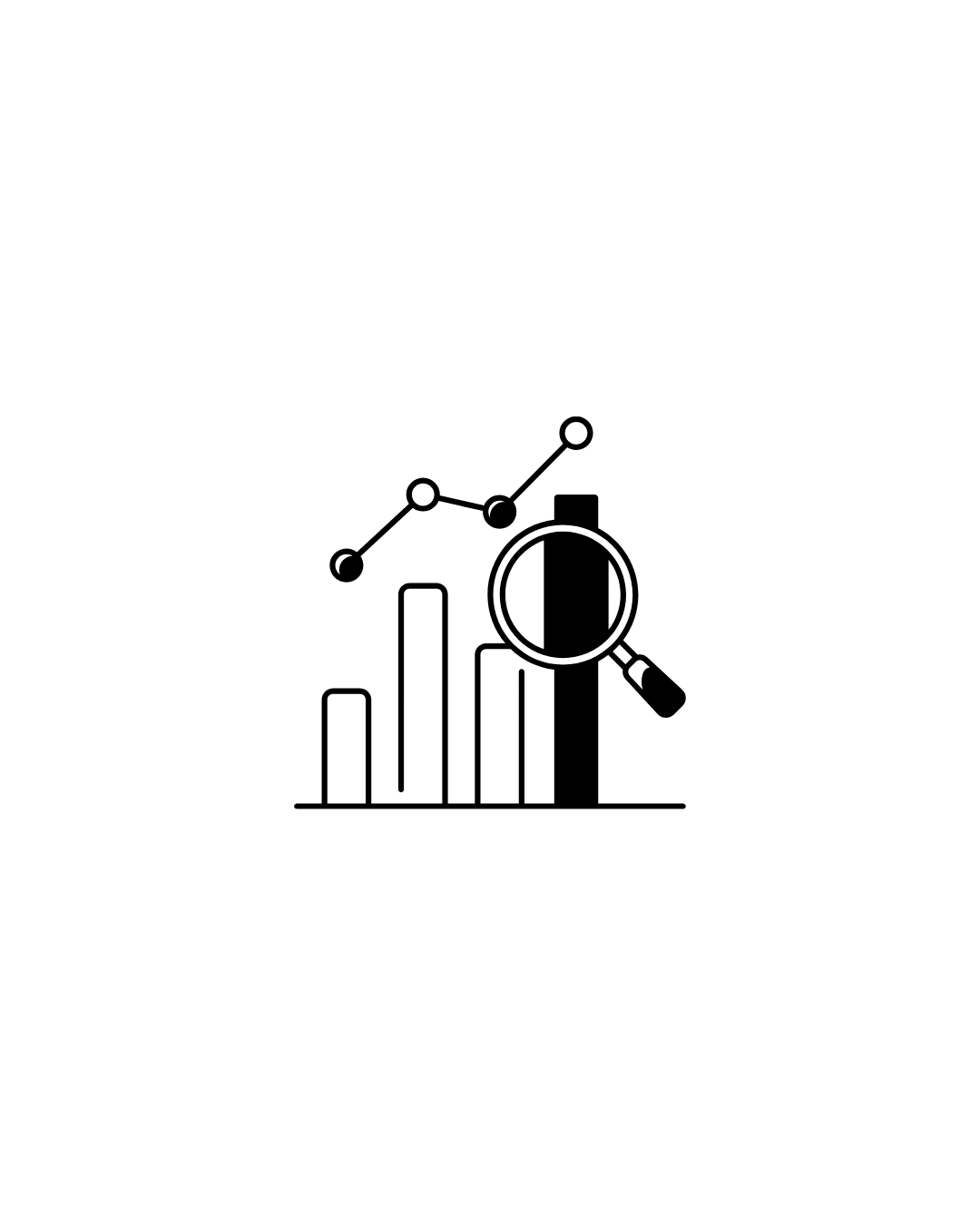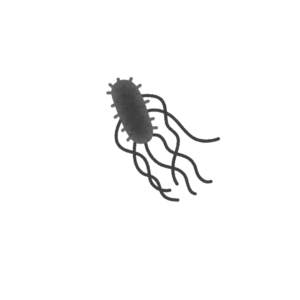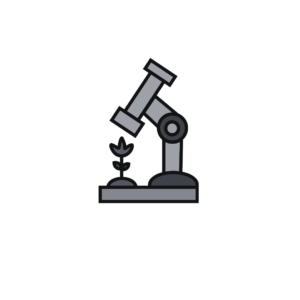Description
A Master of Science (M.Sc) in Statistics is a graduate program designed to provide students with a comprehensive understanding of statistical theory, methods, and applications across various disciplines. This program is ideal for individuals looking to cultivate advanced analytical and quantitative skills, preparing them for careers in academia, healthcare, finance, government, and industry. Below is an overview of the program, including its core components, skills developed, and potential career paths.
Program Overview
Duration: Generally takes 1 to 2 years to complete, depending on whether the student attends full-time or part-time.
Mode: Available in various formats, including full-time, part-time, and online options.
Eligibility: Typically requires a bachelor?s degree in statistics, mathematics, or a related field, alongside a foundation in calculus and linear algebra.
Core Curriculum
The curriculum for an M.Sc in Statistics usually consists of core courses, electives, and a research component (thesis or project). Common subjects include:
Statistical Theory: Foundations of probability and statistical inference, including estimation, hypothesis testing, and regression.
Linear Models: Exploration of linear regression models and extensions, including ANOVA (Analysis of Variance) and mixed models.
Multivariate Statistics: Techniques for analyzing multiple variables simultaneously, including principal component analysis and factor analysis.
Design of Experiments: Principles and methodologies for designing experiments to collect data efficiently and analyze variability.
Statistical Computing: Utilizing statistical software (such as R, SAS, or Python) for data analysis and simulation.
Bayesian Statistics: Understanding the Bayesian approach to statistical inference and its applications in various fields.
Statistical Modeling: Development and assessment of statistical models in both applied and theoretical contexts.
Skills Developed
Analytical Skills: Enhancing the ability to analyze data sets and extract meaningful insights using a variety of statistical techniques.
Programming Skills: Proficiency in statistical software and programming languages, enabling the application of statistical methods to real-world problems.
Critical Thinking: Developing the capacity to critically evaluate statistical analyses, results, and assumptions.
Problem-Solving Skills: Designing solutions to complex problems using appropriate statistical methods and models.
Data Visualization Skills: Ability to present data and results clearly and effectively using various visualization techniques.
Career Opportunities
Graduates with an M.Sc in Statistics can pursue various career paths, including:
Statistician: Working in government agencies, research institutions, or private companies to analyze and interpret complex data.
Data Analyst: Utilizing statistical methods to interpret data trends and inform decision-making in various industries.
Biostatistician: Applying statistical methods specifically to the fields of healthcare and life sciences, including clinical trials and epidemiology.
Quantitative Analyst: Employed in finance and investment firms to analyze risks and develop financial models.
Market Research Analyst: Conducting statistical analyses on market trends, consumer behavior, and product performance.
Research Scientist: Engaging in academic or corporate research to develop new statistical methodologies or applications.
Benefits of Pursuing an M.Sc in Statistics
High Demand for Skills: The increasing reliance on data-driven decision-making across sectors leads to a strong demand for statisticians and data scientists.
Diverse Applications: Statistics is applicable in various fields, such as healthcare, economics, social sciences, and engineering, providing a wide range of career options.
Interdisciplinary Nature: The program often involves collaboration across disciplines, enhancing versatility and adaptability in handling diverse data challenges.
Additional Considerations
When considering an M.Sc in Statistics:
Accreditation: Ensure the program is accredited by relevant academic and professional organizations.
Research Opportunities: Look for faculty involved in active research initiatives that match your interests, particularly in applied statistics or emerging areas.
Internship Opportunities: Seek programs that provide practical experiences through internships or applied projects to enhance employability.
If you have specific questions about the M.Sc in Statistics, its courses, or potential career paths, feel free to ask!









